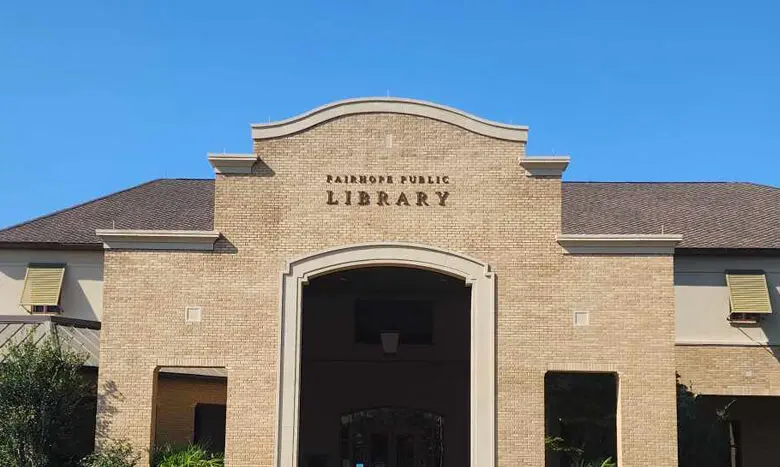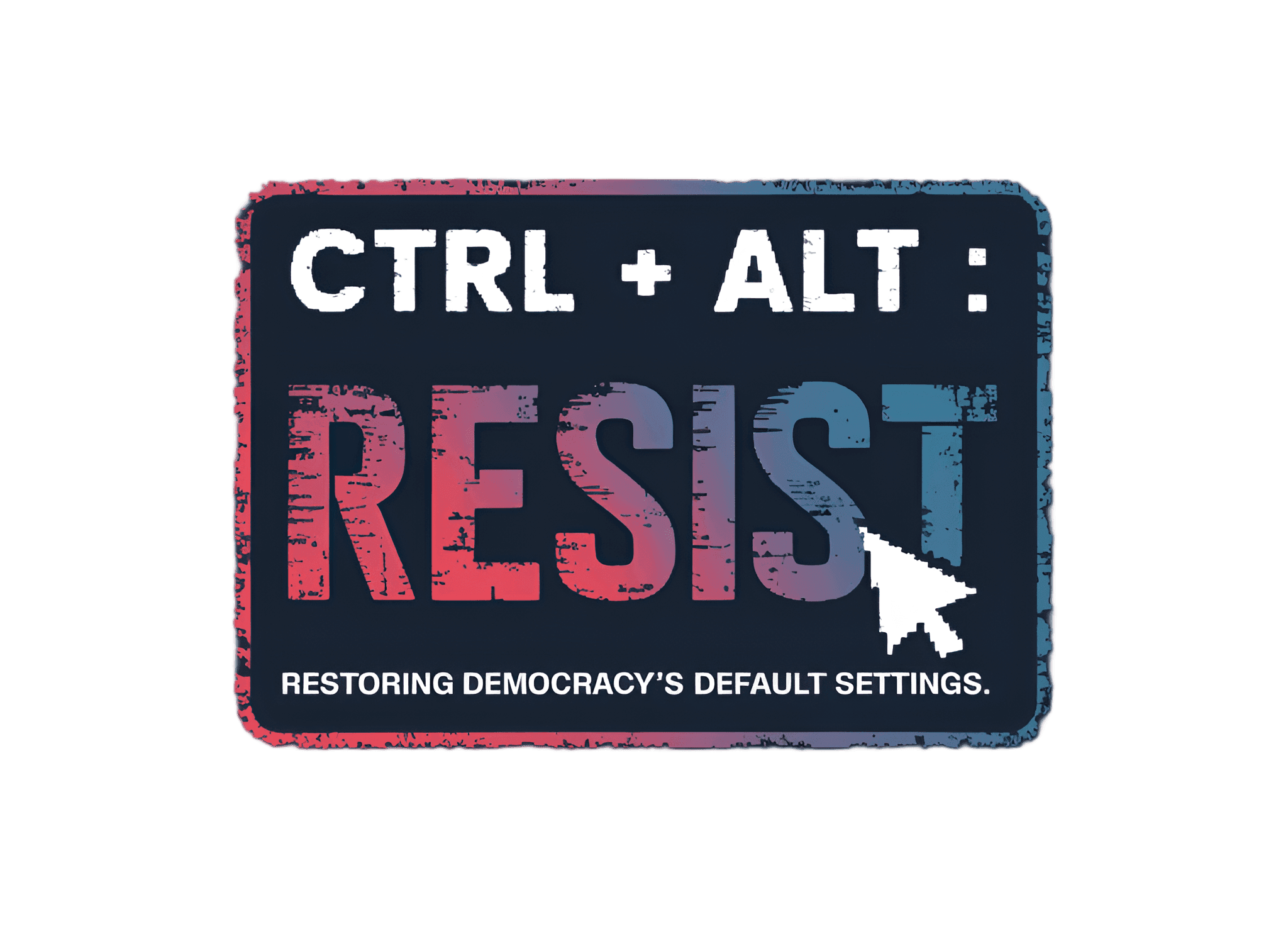
Teen Books Spark Controversy as Alabama Defunds Local Library
Jump to:
State Board Withdraws Critical Funding from Alabama Coastal Library
The Alabama Public Library Service Board of Trustees has voted to withhold approximately $42,000 in state funding from the Fairhope Public Library, marking a significant escalation in the ongoing national debate over intellectual freedom and content restrictions in public institutions. The board’s decision, announced without prior warning to library officials, cited the library’s alleged non-compliance with state regulations designed to restrict youth access to materials deemed sexually explicit or inappropriate.
The funding cut represents a substantial blow to the library’s operating budget and comes amid increasing tensions between library professionals, community members, and state officials over the appropriate boundaries of literary content in public spaces.
“We are unapologetic about standing up for Alabama families and putting them in control, even if that means temporarily defunding local libraries until they can be compliant,” said John Wahl, the board chairman who also serves as head of the Alabama Republican Party.
The controversy primarily revolves around a selection of books in the library’s teen section, notably including “Sold,” a National Book Award finalist that depicts the traumatic experience of a girl trafficked into sexual slavery in India. The novel has become a flashpoint in the contentious debate over appropriate content for young readers.
Community Division Reflects National Cultural Tensions
The board’s decision has sharply divided the Fairhope community, with perspectives generally aligning with broader political and cultural positions that have emerged nationwide. The conflict highlights fundamental disagreements about the role of libraries, parental authority, and institutional responsibility in determining appropriate content for young readers.
Local advocacy group Read Freely Alabama has strongly criticized the decision, characterizing it as politically motivated censorship that disregards established library procedures and community preferences. The organization quickly mobilized in response to the funding cut, launching a grassroots fundraising campaign that raised $8,000 within 24 hours to help offset the library’s financial losses.
“The GOP chair on the State Library Board is forcing the removal of books due to pressure from anti-library extremists, ignoring the voices of Fairhope taxpayers and library users,” said Amber Frey, a representative of Read Freely Alabama.
On the opposing side, conservative parent groups including Clean Up Alabama and Moms for Liberty have celebrated the board’s action, framing it as a necessary measure to protect children from content they consider inappropriate or harmful. These organizations have increasingly targeted public libraries nationwide, advocating for stricter content controls and greater parental involvement in collection decisions.
Library Secretary Randal Wright expressed shock at the board’s decision, emphasizing that the library enjoys broad community support despite the vocal minority behind the book challenges.
“We’re devastated and really stunned by this,” Wright said, highlighting the absence of any prior warning about the defunding decision. “Our community has always supported the library’s commitment to providing diverse materials for all our patrons.”
Historical Context and Policy Shifts
The current controversy in Fairhope must be understood within both local and national historical contexts. The library had previously received complaints against 35 books in its collection but declined to remove them after conducting thorough reviews and determining their suitability. The board’s recent action follows significant changes in Alabama state policy regarding library content, changes that critics say were implemented with minimal input from library professionals.
These policy shifts come amid a national surge in book challenges and censorship attempts. According to the American Library Association, documented book challenges in the United States have increased dramatically in recent years, with 2023 seeing unprecedented numbers. Challenges increasingly target materials with LGBTQIA+ themes or content dealing with sexuality and gender identity, as well as works addressing racism and social justice issues.
The state board’s action against Fairhope Library also included the dismissal of Nancy Pack, the long-serving executive director of the Alabama Public Library Service whose tenure dated back to 2014.
“Libraries have never been political,” Pack stated. “We have seen more librarians retire rather than face what we’re experiencing right now.”
National Implications and Community Response
The events in Fairhope reflect a broader national pattern of increasing political pressure on public libraries and educational institutions. Similar controversies have erupted in communities across the United States, often following similar patterns: community complaints about specific titles, demands for removal or restriction, and in some cases, legislative or administrative actions against libraries that resist such demands.
Beyond the ideological considerations, the immediate practical impact of the funding withdrawal on Fairhope Library operations remains a pressing concern. The $42,000 represents a significant portion of the library’s annual budget, potentially affecting staffing, program offerings, and new acquisitions.
Community response has been swift, with Read Freely Alabama’s fundraising campaign demonstrating strong local support for the library. However, sustained replacement of state funding through private donations presents challenges for long-term planning and stability.
The Fairhope Library Board of Trustees is scheduled to meet next week to discuss response strategies, including potential legal options and alternative funding sources. Library supporters have announced plans for a community rally and have been encouraging residents to contact state officials to express their concerns about the defunding decision.
Future Outlook
As the situation in Fairhope continues to develop, it serves as a compelling case study in the nationwide struggle over intellectual freedom, community standards, and the future role of public libraries in American society. The outcome could establish precedents for how similar conflicts are resolved in other communities facing comparable challenges.
For now, the Fairhope Public Library continues to serve its community despite the financial setback, with staff committed to maintaining access to diverse materials while navigating the complex cultural and political landscape. The resolution of this conflict may offer important insights into the evolving relationship between state authority, community values, and intellectual freedom in America’s public institutions.
What are your thoughts on this issue? Join the conversation below.



